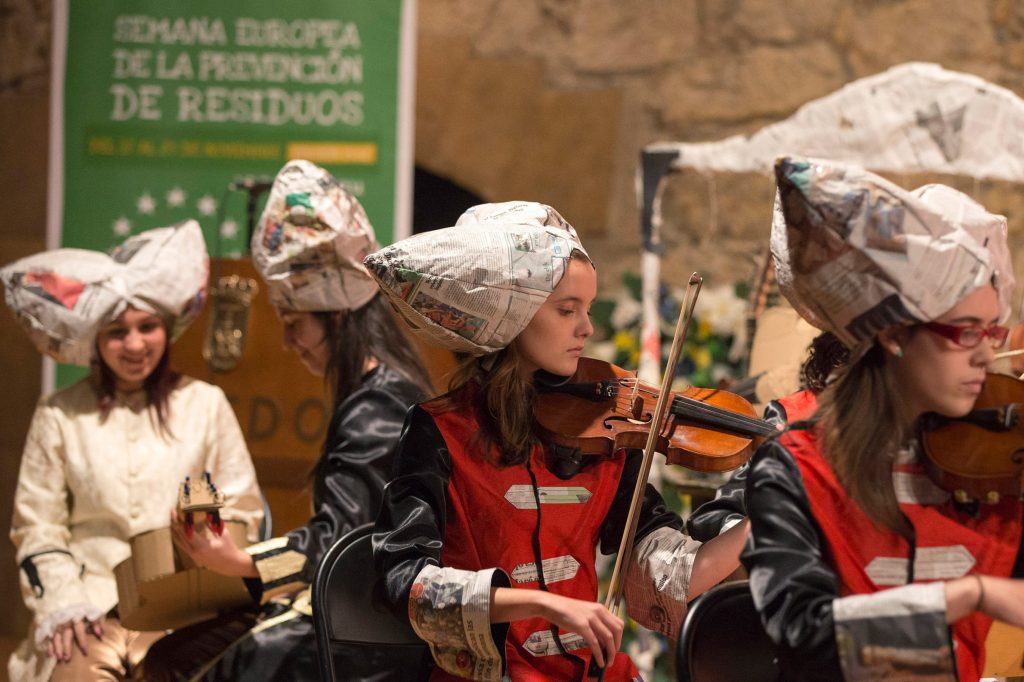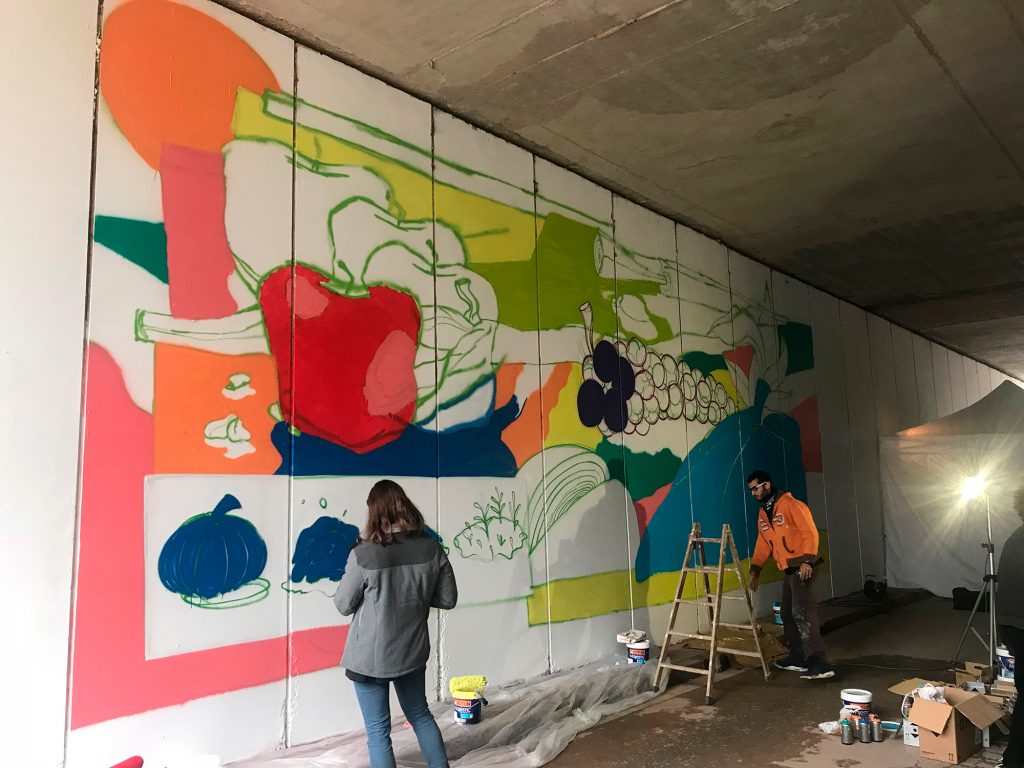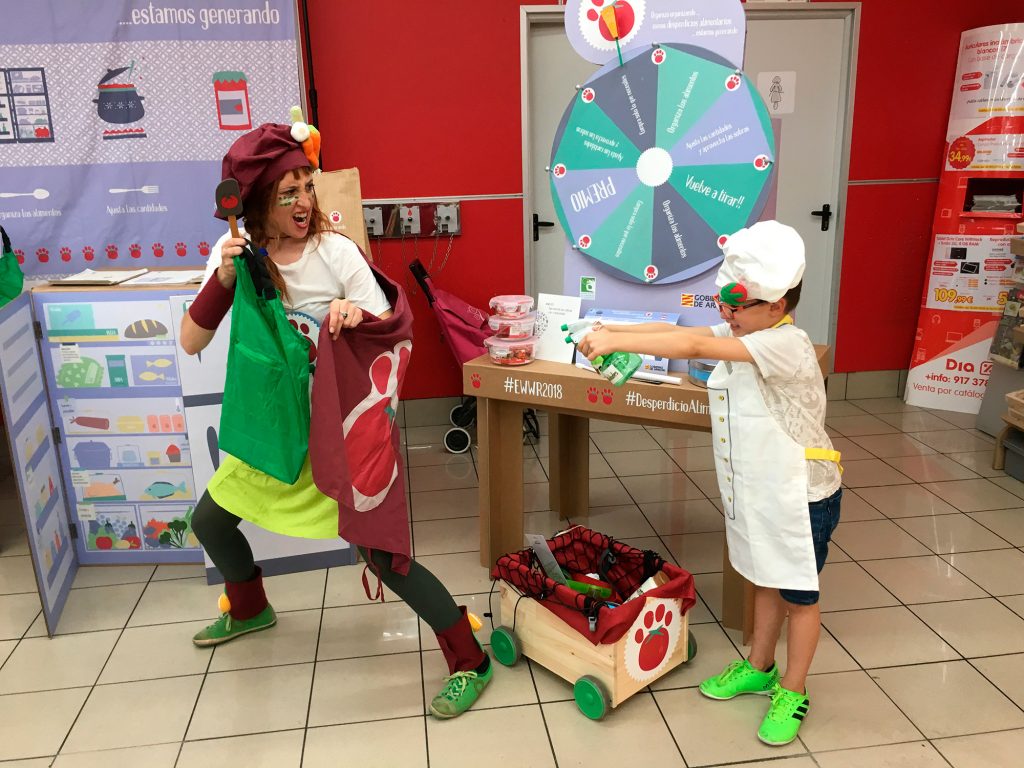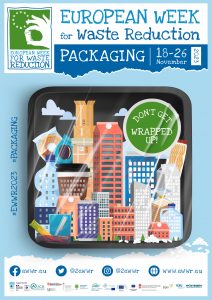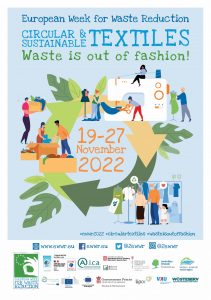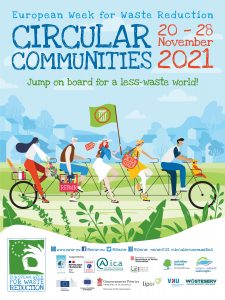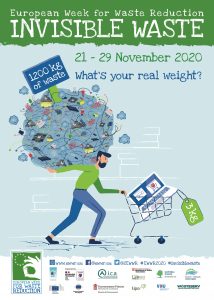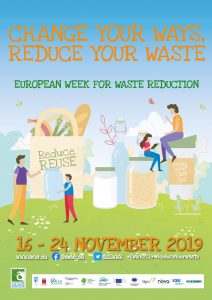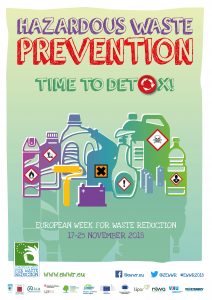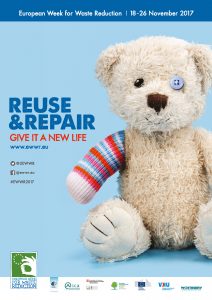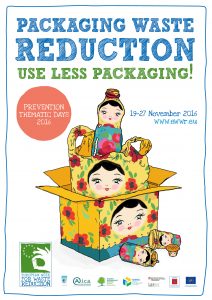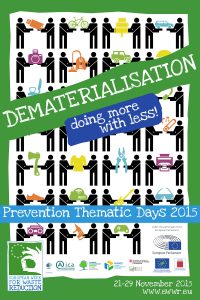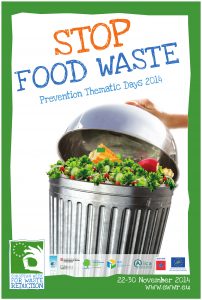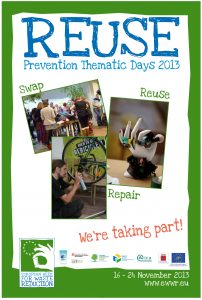Let’s Clean Up Europe
A European Clean-Up!
Every year, millions of tonnes of litter end up in oceans, beaches, forests and elsewhere in nature. The primary causes of this littering issue are our society’s unsustainable production and consumption patterns, poor waste management strategies and a lack of awareness of citizens.
Do you want to be part of the solution?
The Let’s Clean Up Europe (LCUE) campaign is active throughout all European countries.
By implementing clean-up actions, you contribute to solving the littering problem but you also raise awareness about the amount of waste produced, the importance of waste prevention and waste reduction! Clean-up actions can be communicated under the LCUE flag!
The LCUE 2024 is off to a good start!
👉 TAKE PART
Are you ready to join this new edition of Let’s Clean Up Europe! (LCUE)? Last year, the campaign welcomed above 1000 clean-up and plogging actions all around Europe! Citizens, volunteers, and all kind of stakeholders took their part by collecting waste in our priceless Planet. LCUE is about raising awareness, community, and fun! It is not our litter, but it is our Home, and we need to cherish it all together.
The 2024 edition is being defined and will still be presented in an extended way to allow all the European countries to adapt the clean-up activities to the local weather conditions.
Once again, it is possible to organize plogging actions – a sport practice that combines run and abandoned waste collection. Discover how to organise a great plogging initiative! Read the guidelines.
Check out the actions 👇
Highlights 2023 edition
👉 The 10th edition of Let’s Clean Up Europe was characterized by a huge involvement of citizens and associations all over Europe. Mostly located in Spain, Italy, and Portugal, above 1000 clean-up and plogging actions have been organized in order to help actively the environment, collecting littering and recycling it. The tangible impact of these actions has been shared on the social networks, where the participants posted their images of enthusiasm and joy in cleaning our Planet.
👉 From 29th April to 27th November, people from Spain, Italy, Portugal, Serbia, Slovenia, France, the Netherlands, Lithuania, Greece, Malta, Croatia, and Belgium collected littering and cleaned up beaches, parks, and streets.
How to organise a clean-up action?
- Identify the problematic place to clean, then get your contacts on board and register your action. If you want to go big you can set up a team and find some support or sponsors.
- On the clean-up day it’s time for action! Gather your team and start collecting litter, sorting it as much as possible! Share ideas about the 3Rs: Reduce, Reuse, Recycle. We also have a LCUE factsheet with more details and ideas.
- Get more visibility by using our communication tools! You can download them here!
- Take pictures and videos of the event, share them on social networks (Facebook and Twitter) using the hashtag #cleanupeurope and send them to serr@envi.info.
Come and join us!
Follow us on social media @LCUEofficial and @LetsCleanUpEU to get the latest updates and to see more inspiring ideas!
Who is coordinating LCUE 2024?
In 2024, the International Association for Environmental Communication in Italy (AICA) acts as a central coordinator for most territories. The contact information is below:
Website: http://www.envi.info/lets-clean-up-europe
Facebook: @LCUEofficial
Twitter: @LetsCleanUpEU, @EnviInfo
Contact: serr@envi.info
There are also regional coordinators:
Catalonia | Coordinator: ARC – Agència de Residus de Catalunya
Website: residus.gencat.cat/letscleanupeurope
Facebook: @residuscat
Twitter: @residuscat
Contact: Mireia Padros setmanaprevencio.arc@gencat.cat
Please note that this coordinator has a separate registration form, which can be accessed on its website.
Balearic Islands | Coordinator: Environment Ministry of the Balearic Islands Government
Website: http://www.caib.es/sites/puntdinformacioambiental/ca/pagina_inicial-57096/?campa=yes
Contact: pia@dgqal.caib.es;
Greece | Coordinator: HELMEPA – Environmental Awareness Center
Website: https://www.helmepa.gr/en
Facebook: https://www.facebook.com/Helmepa
Twitter: https://twitter.com/Helmepa
Contact: Eleni Tsolka environment@helmepa.gr
 EN (full site)
EN (full site) ITA
ITA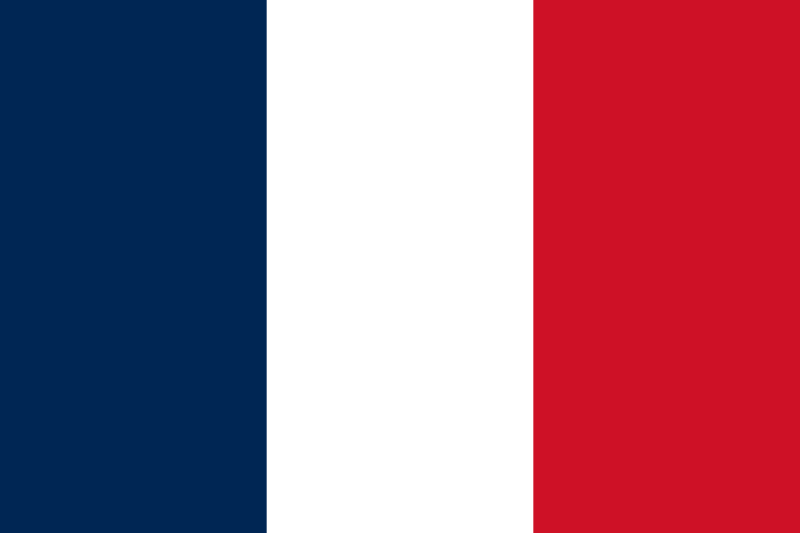 FRA
FRA POR
POR ESP
ESP CAT
CAT DEU
DEU NED
NED HUN
HUN